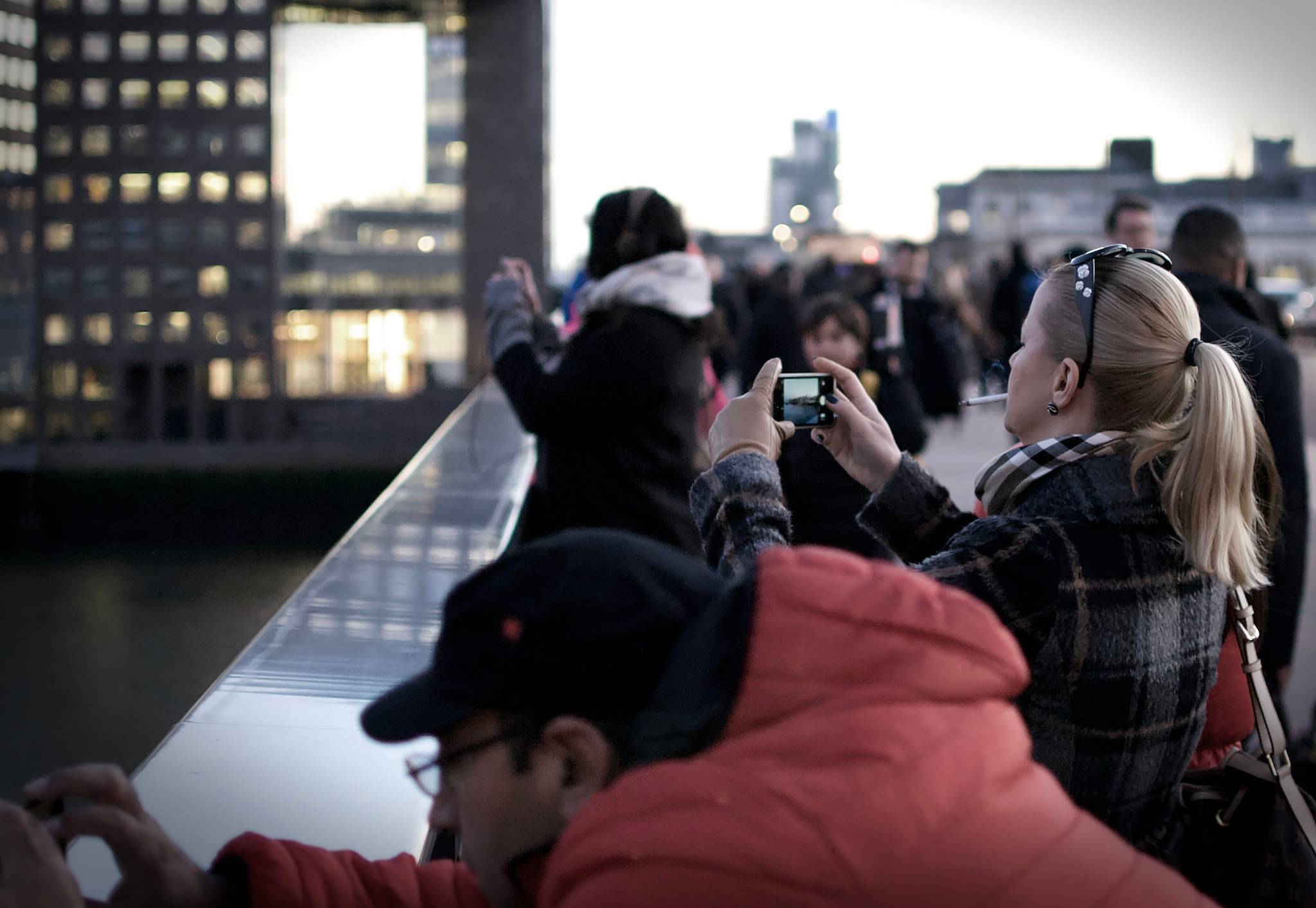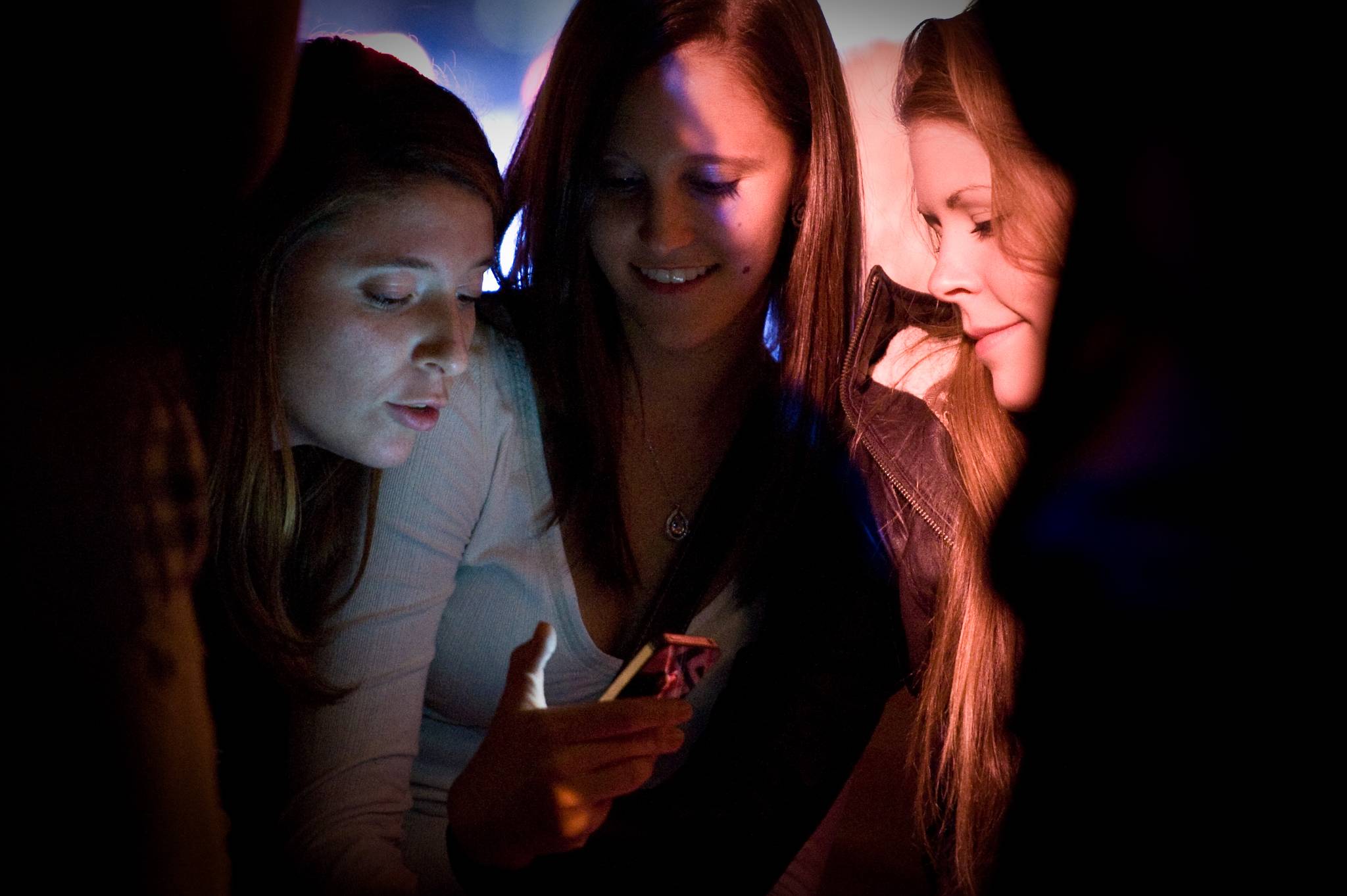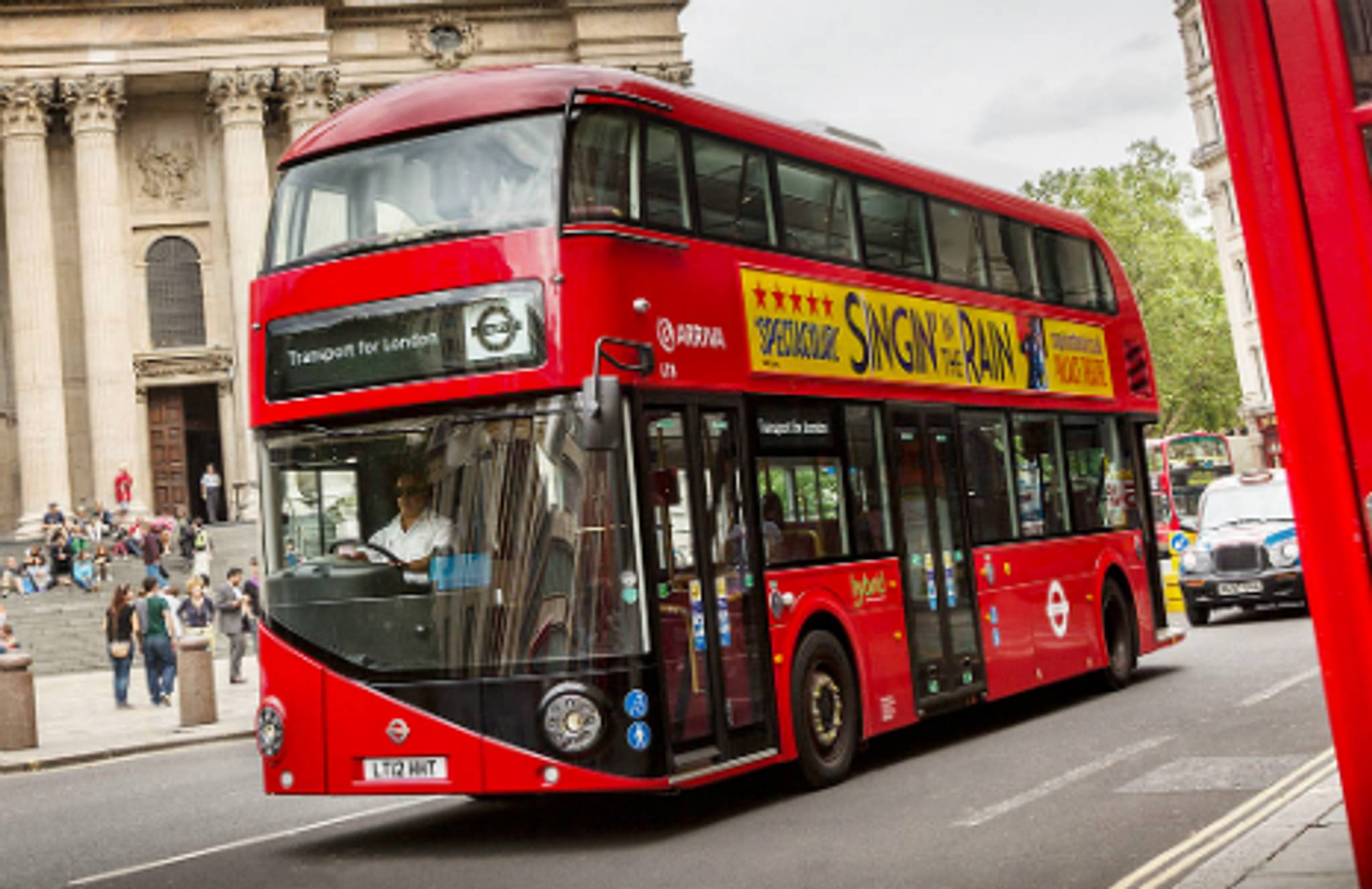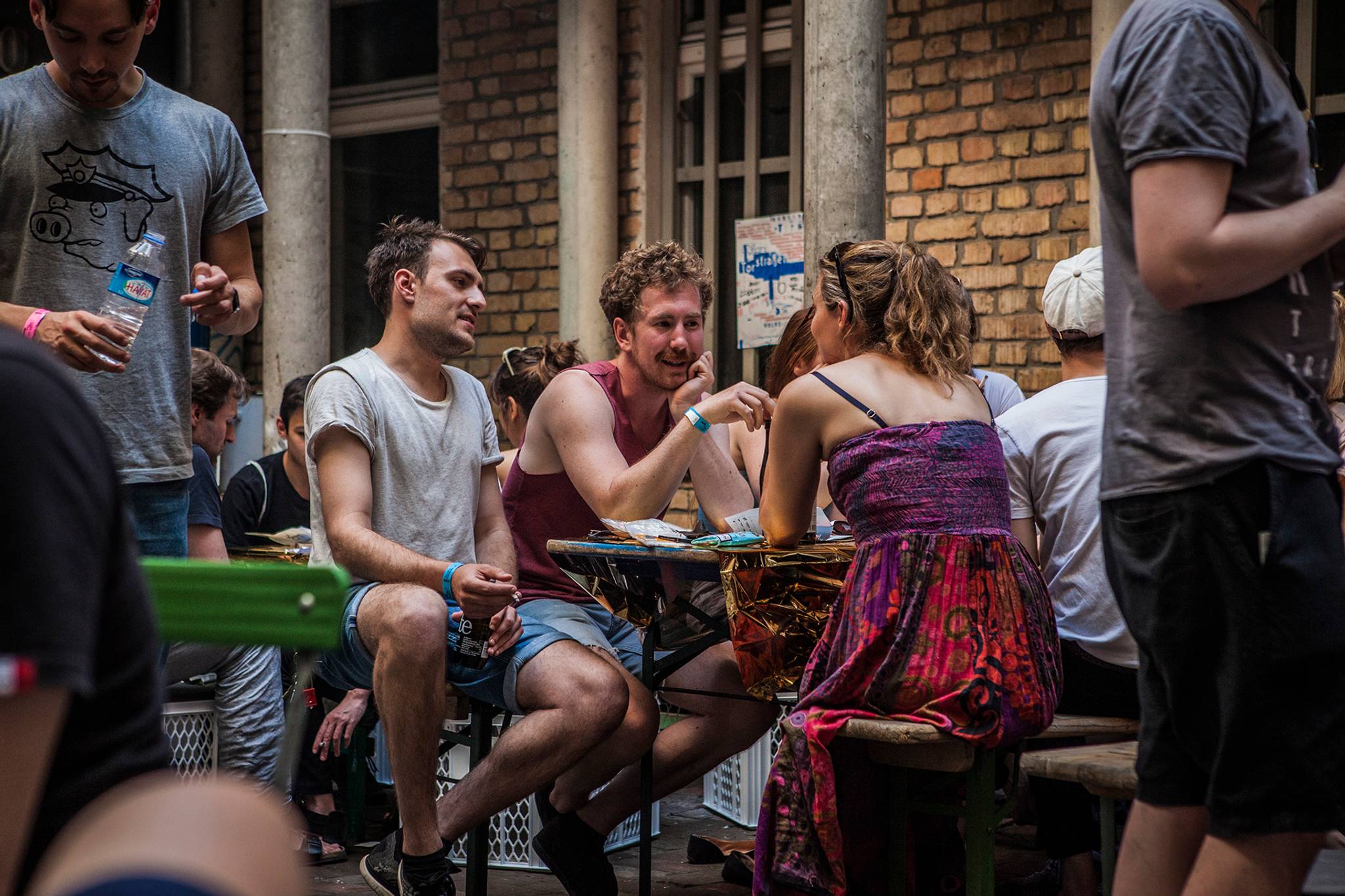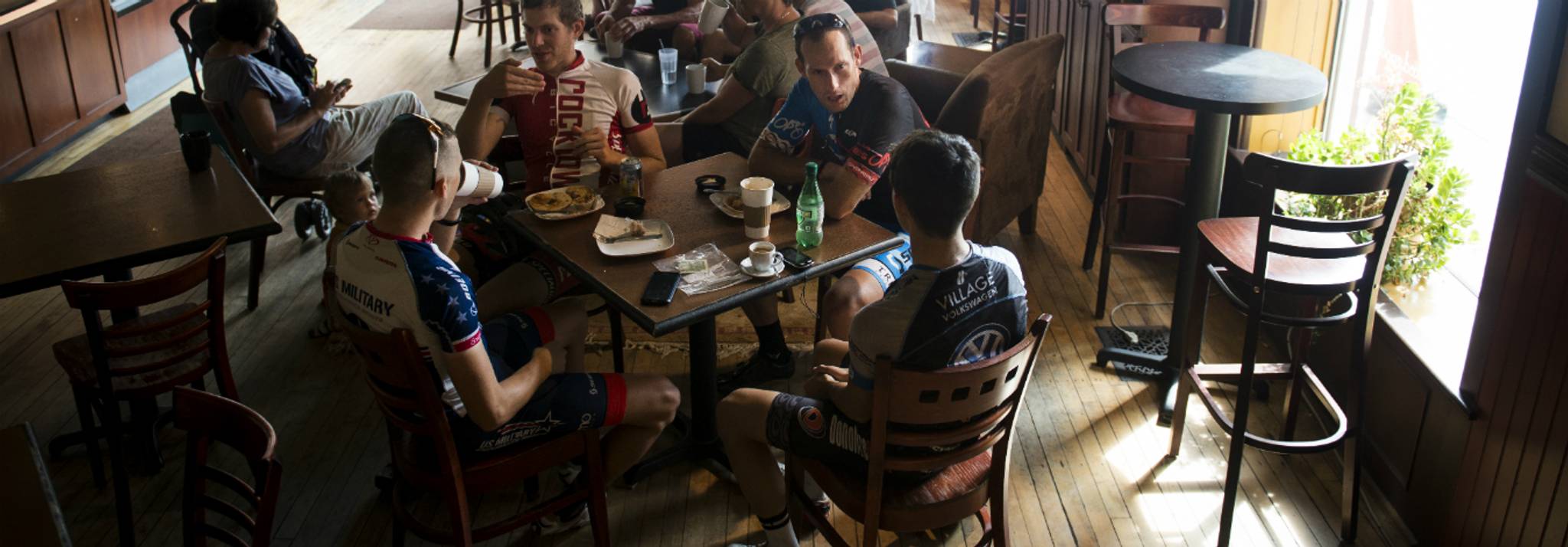
Not all cafés offer Wi-Fi, but few make it a social statement. At HotBlack, owners enforced an intentional lack of Wi-Fi to encourage people tune out of the constant connectedness that social media demands, and to foster face-to-face social interaction among customers to bring back the old vibe and café atmosphere. We explore the insights behind this unusual statement, and why Hot Black wants us to remember how to disconnect.
HotBlack Coffee in Toronto is flanked by competitors where access to Wi-Fi is standard. But it’s making a statement by maintaining all the usual offerings of contemporary café culture, minus the internet access. Unlike businesses in the past that have withheld Wi-Fi to deter freelancers or out-of-office workers from lingering over a single latte and a laptop to finish their work, HotBlack wants its customers to loiter. The reason being that the cafe wants its customers focus their attention on the people around them. The aim is to resurrect coffee shops as social hubs, rather than work spaces. “It’s about creating a social vibe,” says Jimson Bienenstock, HotBlack’s president. “We’re a vehicle for human interaction.”
Instead of actively forcing people to give up their tech as a prerequisite to entering the café, HotBlack subtly encourages people to want to take a momentary digital detox and indulge in some social activity IRL. Our smartphones or tablets are making it easier for work to creep into our personal time and so we have less time and opportunity to strengthen the bonds and relationships we have with our peers. “Today the digital tools are blurring the boundary between personal and professional lives,” says Bruno Mettling, human resources director of French telecom giant Orange. So there’s a real need for people to make time to have conversations that don’t play out through a laptop screen.
With 70% of Gen Yers preferring independent work to traditional office jobs, café culture has been commandeered by a generation of side hustlers. But while the move to axe Wi-Fi might oust the freelance crowd, the ability to disconnect has the potential to entice Gen Zers, 43% of whom wish they could disconnect more often. Among digital natives, who note having trouble distinguishing between online and offline existences, social spaces that take a casual but committed approach to being anti-tech could be a refuge from a hyper-connected existence.
Mira Kopolovic is a writer and researcher at Canvas8, which specialises in behavioural insights and consumer research. She has an MA that focused on visual culture and artist-brand collaborations. She spends her spare time poring over dystopian literature.
